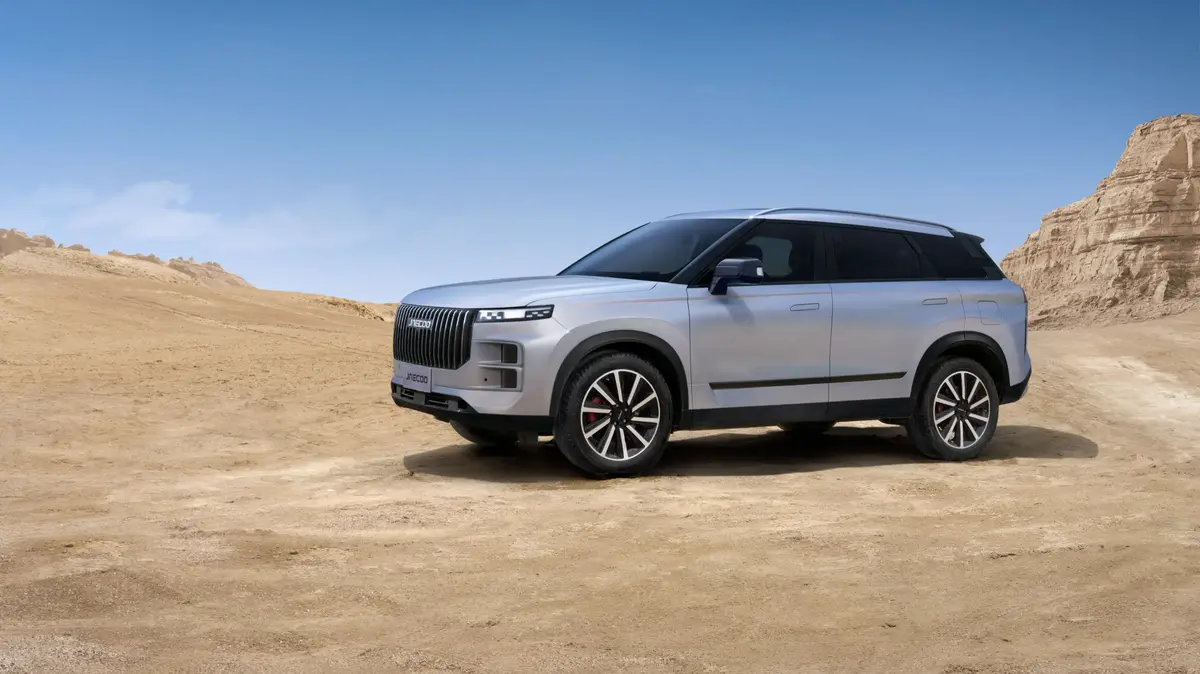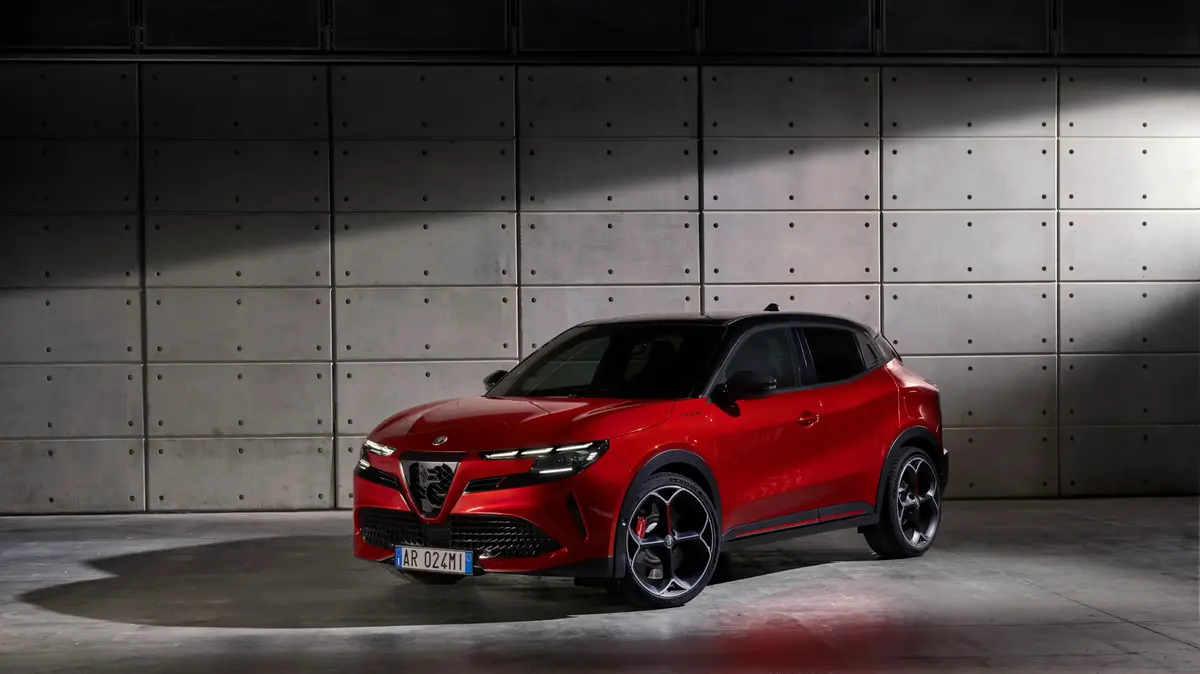The confirmation arrived, the European Parliament approved the draft regulation that will put an end to the sale of new vehicles with
gasoline or diesel engines from 2035
.
And although the ban even includes hybrid cars, there are some that will be able to continue selling models that burn fossil fuels.
While most manufacturers accelerate towards this electric transition to all their ranges of vehicles, there are some manufacturers of what is known as the "Ferrari amendment", which will give them
a longer grace time
to continue mounting internal combustion engines in their models.
Although in the end all new vehicles that want to circulate on European routes must be 100% electric, small-scale productions will have a differentiated schedule, as will heavy and long-distance transport.
From 2035 the big manufacturers will only be able to sell 100% electric or hydrogen vehicles.
Photo: Reuters
The "Ferrari amendment" will allow manufacturers that build up to 10,000 vehicles a year or less than 1,000, different margins to adapt to the new regulations in the Old Continent.
No more gasoline or diesel
Last Tuesday, the European Parliament approved putting an end to the sale of cars with combustion engines from 2035. The measure was approved by 340 votes in favor, 279 against and 21 abstentions.
This
also includes hybrid vehicles
, which combine a combustion engine with at least one other electric.
In turn, the European Commission, the executive arm of the European Union, announced the goal that all urban buses be zero emission models by 2030, either with engines powered by electricity or hydrogen.
For heavy transport, on the other hand, the proposal is to cut truck emissions from January 2030 by at least 45% compared to 2019. This reduction would rise to 65% by January 2035 and reach 90% in 2040 .
The "Ferrari Amendment"
But in the midst of this transformation, the "Ferrari amendment" appears in Europe, a kind of moratorium that is popularly known by that name and that will be received by two types of manufacturers.
Horacio Pagani's latest creation, the Utopia, comes with a V12 gasoline engine.
On the one hand, it enables manufacturers
with a reduced production
, between 1,000 and 10,000 new units per year, to obtain a little more margin than the large manufacturers to adapt to European requirements.
Specifically, they will only be able to do it until the end of 2035. In other words, it is not such a long term either.
That same margin is held by small manufacturers of vans or utility vehicles (between 1,000 and 22,000 new units per year).
On the other hand, the brands that
manufacture less than 1,000 new vehicles a year
will be the only ones that will be able to continue selling new gasoline or diesel models.
The Bugatti Mistral has a 16-cylinder engine without any type of hybridization.
With these rules, this measure would essentially benefit
super luxury brands
, which always have very powerful engines, which consume a lot of fuel and, therefore, emit more polluting gases than a conventional model.
To get an idea, the first scale would benefit companies like Aston Martin, Rolls-Royce or Lamborghini.
Surprisingly, the company that gives its name to this amendment
is left out of the benefits due to the extraordinary sales it had in recent years
: in 2022 it delivered more than 13,200 vehicles and growth is forecast for the coming years.
The second scale, which will allow the use of combustion engines for even longer, involves manufacturers such as Bugatti, Pagani, Koenigsegg or Morgan, among many others.
And in this case we are talking about models that offer more than 1,000 horsepower.
Why was the "Ferrari amendment" born?
In September 2021, the Italian government began to negotiate exemptions to
avoid the possible disappearance of emblematic manufacturers
in the face of the demands proposed by the European Union with its "Fit for 55" plan, which established a reduction in emissions by at least 55 % by 2030. That would have been lethal for brands like Ferrari or Lamborghini.
Paradoxically, Ferrari will be unable to "use" the amendment that bears his name.
The request for help contemplated a greater margin of time to adapt to the new demands.
Although their models were more polluting than those of generalist brands, their lower sales volumes gave a lower total.
They alluded that converting their plants in such a short time put the existence of these manufacturers at risk.
This moratorium is a safe-conduct for manufacturers that, although they do not sell as much in terms of the number of units, generate a mountain of money, since these are companies that sell their models with prices that start at $200,000 but can reach several million
.
The other benefit that this measure adds is that it will allow these companies to continue researching to improve combustion engines and further develop the feasibility of synthetic fuels.
Although everything seems to be a matter of time, projections suggest that everything will eventually end up being moved by electricity.
look too
Record of hybrid and electric cars in Argentina: which were the best sellers in 2022
Shoichiro Toyoda, the man who turned Toyota into an empire, has died







